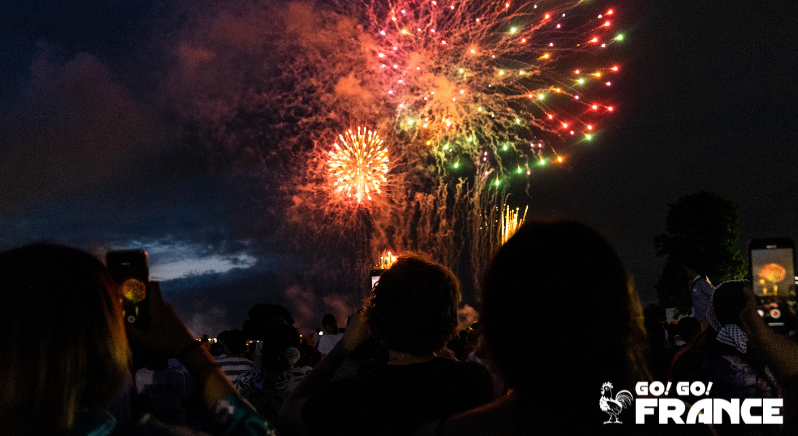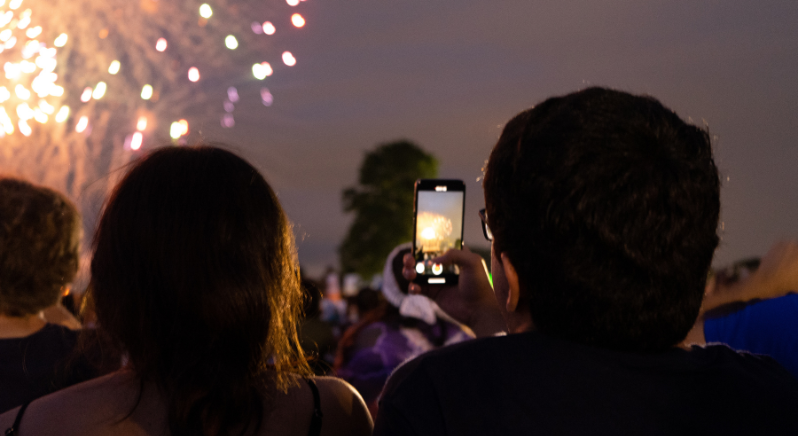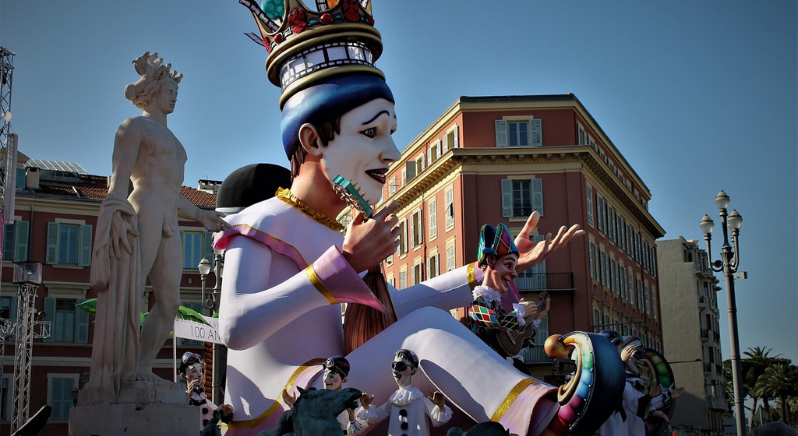Bastille Day, known in France as La Fête Nationale, is the common name used in English-speaking countries for France’s national day, celebrated annually on July 14th.
If you’re planning to be in France for Bastille Day, this guide will help you make the most of this unforgettable celebration.
Historical significance of Bastille Day
More than just fireworks and parades, Bastille Day is deeply rooted in France’s history and national identity. It commemorates the storming of the Bastille prison in 1789 and the birth of the modern French Republic.
The storming of the Bastille on July 14, 1789, symbolized the uprising against the oppressive monarchy and the fight for liberty. This event marked the beginning of the French Revolution, leading to the establishment of the Republic founded on the enduring values: liberty, equality, and fraternity.
Liberty, Equality, and Fraternity
At the heart of Bastille Day lies the celebration of the foundational principles of the French Republic: liberty, equality, and fraternity (liberté, égalité, fraternité).
- Liberty: The freedom of individuals to live without oppression or arbitrary control, including freedoms of speech, religion, and the press.
- Equality: The belief that all citizens have equal rights and should be treated fairly under the law, regardless of their background.
- Fraternity: The spirit of solidarity and brotherhood that binds the French people together, promoting social cohesion and mutual support.
This tripartite motto was officially enshrined in the French Constitution and continues to shape the country’s identity and democratic ideals today. You can often see it inscribed on the pediments of public buildings—try to spot it while wandering the streets of France!
Military parade on the Champs-Élysées
One of the hallmark events of Bastille Day is the grand military parade held along Paris’s famed Champs-Élysées.
Starting at the Arc de Triomphe and proceeding to Place de la Concorde, this impressive procession showcases French military tradition and strength. It includes troops from all branches of the armed forces, military vehicles, and concludes with an exhilarating flyover by the Patrouille de France aerobatic team.

Spectacular fireworks at the Eiffel Tower
No Bastille Day celebration in Paris is complete without the fireworks display at the Eiffel Tower. As darkness falls, the tower becomes the centerpiece of a breathtaking pyrotechnic show, choreographed perfectly to music. The combination of light, sound, and the Paris skyline creates a magical atmosphere.
Here are some of the best places to watch the fireworks:
- Champ de Mars: The spacious park right in front of the Eiffel Tower offers unobstructed views.
- Trocadero: Located across the Seine, this elevated area provides a stunning panoramic perspective.
- Montmartre: For a more distant but enchanting view of the fireworks over the city.
Local celebrations across the country
While Paris is the focal point of this national holiday, Bastille Day is enthusiastically observed throughout France. Each region adds its own cultural flavor to the festivities.
In Provence, you can enjoy lively village feasts, traditional music, and folk dances in picturesque town squares that highlight the region’s warmth and joie de vivre. Along the French Riviera, famous cities such as Nice and Cannes often organize beach parties and elegant firework displays.

Bal des Pompiers (Firemen’s ball)
On the same day, many fire stations across the country open their doors to the public. Firemen’s balls, known as Bals des Pompiers in France, usually take place on July 13th and 14th.
After the fireworks finale at the Eiffel Tower, Parisians often head to the traditional firemen’s balls organized in various districts across the city. If you have the chance to attend, it offers a unique way to experience French culture and celebrate this national holiday as the locals do.
For more information about French culture, keep following our Go! Go! France blog.





